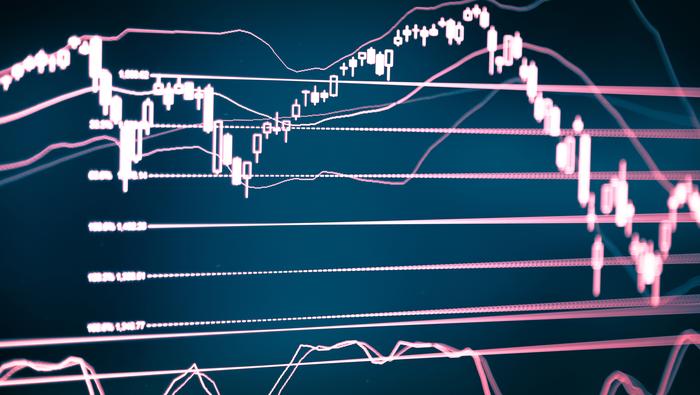Talking points on this podcast:
- Financial crises: Predicting the next period of economic turmoil
- Is it time for the Fed to be reformed?
- Why is Warren Buffett such a major figure in the US?
This time on Trading Global Markets Decoded, our host Martin Essex is joined by Roger Lowenstein, Wall Street Journal contributor and author of the bestselling book Buffett: The Making of an American Capitalist. This time, Roger discusses his views on the Federal Reserve and the political landscape heading into 2020. Are we facing another financial crisis? And has America's central bank been a success to this point?
You can listen to this podcast by clicking on the YouTube link above or by using one of the alternative platforms listed below.
When is the next financial crisis?
Martin begins the podcast with discussion on the next financial crisis and when it might come about. “Crises are unexpected or sudden [by nature],” Roger says. “If someone said we’ve got two years to prepare for the next crisis, and we believed them, I presume people would take that person seriously and there wouldn’t be a crisis. So for that reason they’re very hard to predict.”
What about the few who did predict the mortgage crash in 2007? “Most people didn’t take them seriously, not even the Federal Reserve,” Roger says. “They [the Fed] thought subprime would be containable and that it wouldn’t in any case infect the larger financial system or the economy.”
Roger says he doesn’t see anything like a ‘classic’ bubble as seen with mortgages or the dotcom boom, although he believes some of the venture capital “looks pretty pricy”. He adds that the devil is in the detail when it comes to gloomy forecasts.
“To me [recession predictions] only really count if you predict with specificity. When I joined the Wall Street Journal, early in my career in the late 1970s, books used to come in talking about the next financial crisis, but unless you really identify this asset class, or form of debt, [it's just a case of] every stopped clock being right twice a day.”
He gives the example of the subprime crisis to illustrate the accuracy needed for a serious prediction. “[If it was pointed out] that people are getting subprime mortgages without having to declare their income, then you have some meat on the bones that you can evaluate.”
Why is Warren Buffett such a major figure in the US?
Talk turns to Warren Buffett, about whom Roger has written extensively. What’s the lowdown on this legendary investment figure? "I met him a bunch of times over the years and my first experience of him was when he wasn’t well known. He’s extremely quick and witty, but he’s guarded; if he wants to tell you something he will, and if he doesn’t, it doesn’t matter how you approach him, [he won’t].
“When you have that sort of genius and obsessive focus, it certainly takes away from other aspects of your life. It wasn’t the easiest thing to be Warren Buffett’s son or daughter or even spouse. You don’t get to be Mozart by having all sorts of hobbies and taking vacations; you're just writing those symphonies. And that was one of the more interesting part of the research; learning the interplay between his work, his genius and his life.”
For more ways of listening to the DailyFX podcast, click on one of the additional channels below.
- iTunes: https://itunes.apple.com/us/podcast/trading-global-markets-decoded/id1440995971
- Stitcher: https://www.stitcher.com/podcast/trading-global-markets-decoded-with-dailyfx
- Soundcloud: https://soundcloud.com/user-943631370
- Google Play: https://play.google.com/music/listen?u=0#/ps/Iuoq7v7xqjefyqthmypwp3x5aoi
- Spotify: https://open.spotify.com/show/6FtbTf4iGyxS0jrQ5jIWfo



